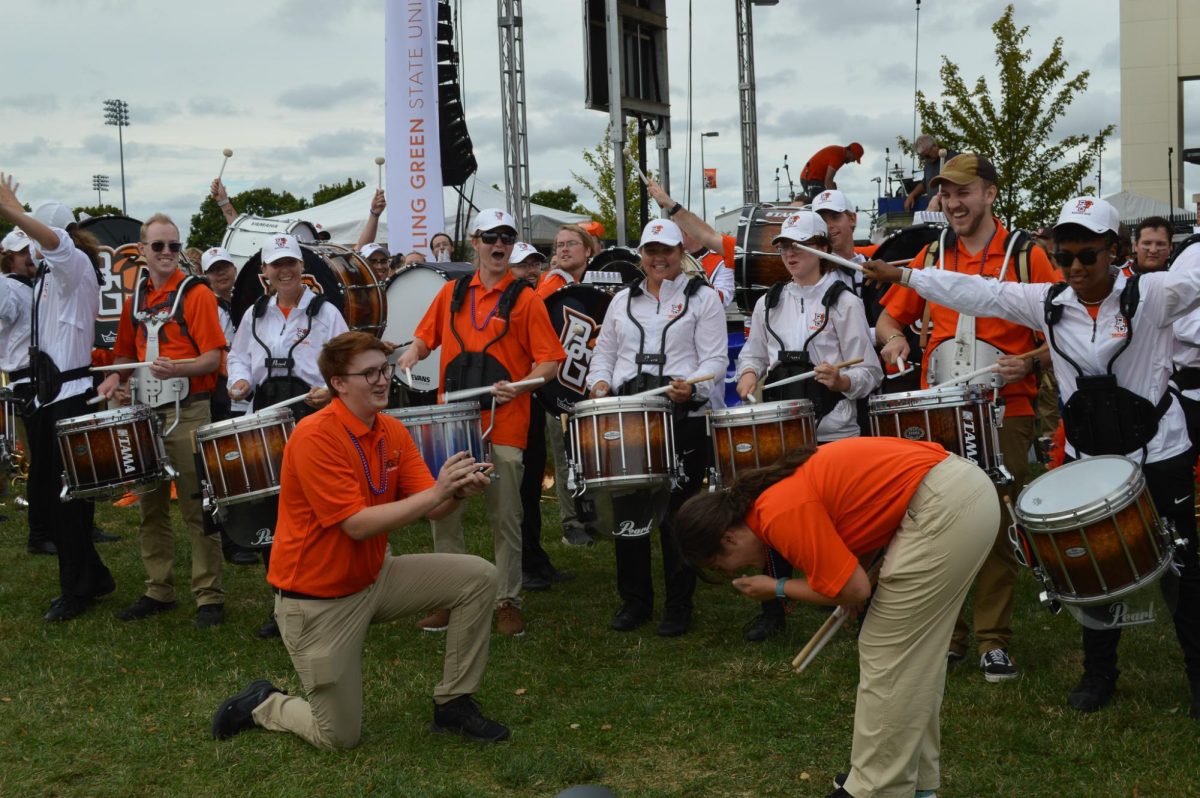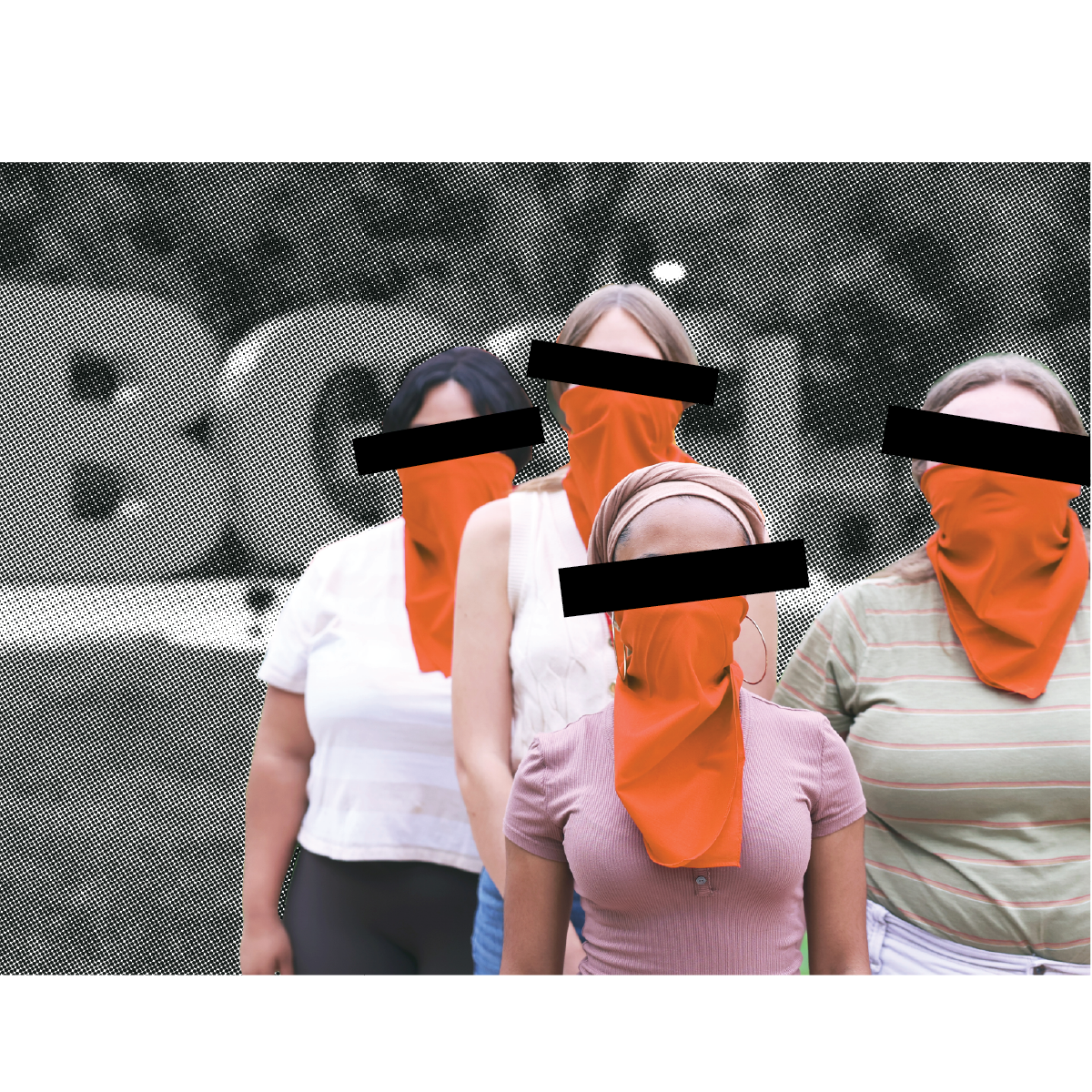By Gary Marx MCT
CARTAGENA, Colombia – Viridiana Calvo dropped gracefully to the ground, her body twisting and turning, as she performed with a dance troupe last month before more than 100 people in this historic coastal city.
Like many dancers, the 19-year-old Calvo has spent the better part of her life training so that one day she can join a world-class company.
She already has come so far.
A decade ago, Calvo’s family was victimized like so many others by Colombia’s chronic violence. Shortly after her father died, her mother, a supermarket cashier, lost her job when the store was bombed under unclear circumstances.
Wrenched from a middle-class life, Calvo moved with her mother and two siblings to a Cartagena slum with dirt streets, open sewers and right-wing militias that target residents for assassination.
Then, one day, a renowned Colombian dancer named Alvaro Restrepo visited her school and organized a performance.
Restrepo’s goal was to recruit a group of talented kids and provide them a way out of poverty by turning them into world-class performers.
“I loved it,” Calvo recalled of that first performance. “I knew nothing about contemporary dance.
The movements and the music were something super new for me. I was just a little girl, but I was hooked.”
Calvo is now one of 16 dancers who form the main troupe at El Colegio del Cuerpo, or The College of the Body, a thriving company that has performed in Europe and Latin America and made its U.S. debut this week (April 29) in New York.
Headquartered in Cartagena’s picturesque colonial center, The College of the Body has overcome financial setbacks and the prejudices of Colombia’s conservative society to become one of the nation’s most important artistic institutions.
In the process, it is turning into a model for using dance to improve the lives of impoverished youths and help them tackle such daunting issues as sexual abuse and child prostitution that social workers say are rampant in Cartagena.
In addition to providing scholarships and training to about 50 students seeking a career in dance, El Colegio offers children as young as 7 workshops that use movement to teach them to respect their bodies and resist unwanted sexual advances.
Restrepo said the academy is using a $950,000 grant from the Japanese government and the World Bank to expand its outreach to include several thousand youths in Cartagena’s poorest neighborhoods.
“The idea is … to educate kids and give them the tools so that we can prevent these grave social problems,” said Restrepo, 49.
“The reality of Cartagena is very, very heavy. This is something that we have to confront.”







